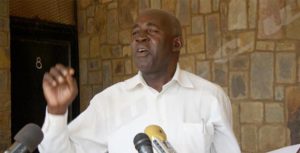
Pierre Claver Mbonimpa: “Refusing the civil society leaders and the media professionals to meet the Facilitator is unjust and a discriminatory measure”.
The celebrated human rights defender Pierre Claver Mbonimpa on Thursday expressed his “surprise” that the inter-Burundian dialogue process excludes a number of key civil society leaders because they are in conflict with the government. He spoke at the end of the latest round of dialogue briefing, held in Entebbe, Uganda, on 24 and 25 May.
The facilitator of the dialogue, William Benjamin Mkapa, invited key stakeholders to attend this month’s dialogue but excluded all civil society leaders who are wanted by the justice system, saying that they can be represented by delegates. Furthermore, the Facilitator said neither his office nor international organizations such as the EAC and UN would be responsible for the security of these representatives.
Mbonimpa, the exiled chairman of rights group APRODH, says that the office for facilitation of dialogue is focusing on arrest warrants that are not recognized by any government other than Burundi or by Interpol.
APRODH chairperson says the most important and urgent thing is to convince the president of Burundi to attend the dialogue “without any conditions”.
Gilbert Bécaud Njangwa, chairman of the National Centre of Elections and Organizations for Progress (ONELOP) says the wanted civil society leaders should not be allowed to attend the dialog sessions. “They must be judged and punished according the law”, says Njangwa.
He also says that they have their legal deputies who should replace them in the dialogue sessions and regulate their activities. “Even if they are outside the country, they should not continue to disrupt the security in Burundi and prevent Burundi from moving forward”, he says.
The top exiled civil society leaders have formed a collective, Halt to the Third Term, to campaign against President Nkurunziza’s “unconstitutional” third term, which his party announced on 26 April 2015. Political opponents and members of civil society accused him of running for an unconstitutional term and violating the Arusha Peace Agreement.

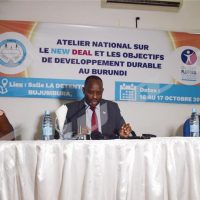
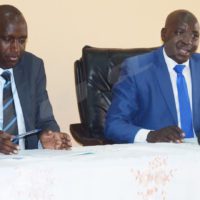
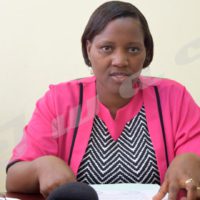
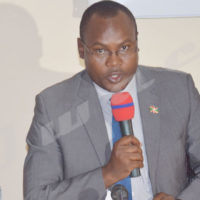
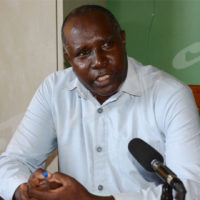













 IWACU Open Data
IWACU Open Data

